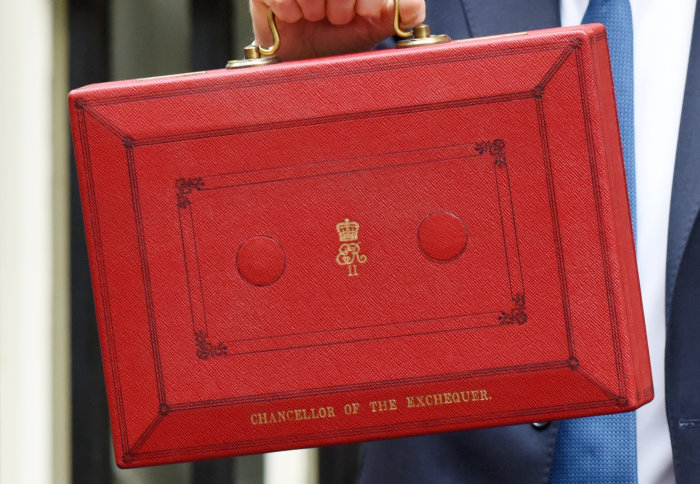
There is a famous study of people who had suffered a major event in their lives, such as a large lottery win or an accident which resulted in the loss of a limb. They asked the participants whether they were happy or unhappy before the event, and whether they were happy or unhappy after the event.
One might have expected the result to be that the lottery winners were more happy after their event, and the accident sufferers were less happy. In fact, whoever said they were happy beforehand were happy after the event, and whoever said they were unhappy before the event were unhappy after the event.
This is an illustration of a psychological theory called the ‘hedonic treadmill’. This proposes that although events do have a positive or negative effect on our wellbeing, the effect it is only temporary.
We each have a set point of wellbeing, a level of happiness, that is built into us through childhood and genetics. Our current wellbeing oscillates around that level, affected by short term doses of positive or negative stimuli, but gravitates back to that set point.
An action or experience that increases our wellbeing will therefore only have a temporary effect. For some people, this can create a similar addiction to the adrenaline junkie, constantly having to find new sources of excitement in order to maintain the required levels of adrenaline.
An individual might increase their aspirations and seek ever more positive life changes in order to sustain these positive stimuli. That stimulation is short lived, however, as the individual becomes accustomed to that change. They may then begin to seek and demand more from that change or seek new changes in order to maintain that level of set wellbeing.
Ultimately, so the theory goes, we will return to our set point, and therefore the continual battle to try and artificially raise the level of well-being through short-term fixes is going to be exhausting and doomed to failure.
When it comes to finances, it is so very easy to use our money to maintain wellbeing above our set point with a series of short term fixes. We can see from the hedonic treadmill how this will ultimately not work.
Shopping – ‘retail therapy’ – will not have a long term effect on wellbeing, for example. Neither seeing money as a definition for success. Our materialistic society is delivering short term bursts of wellbeing which we increasingly need to maintain the false impression that we are happy.
Instead we should use our money to generate longer term changes which can have an increasing affect on our set point of well-being. Such changes might include ensuring that we are pursuing intrinsic motivation (that we live a life with purpose) and choosing to pursue altruistic goals – both proven to be great sources of long term wellbeing.
When constructing a financial plan, therefore, it is important to focus on things that will increase long term wellbeing. Bucket list items and goals are important, but they are likely to but short term, and therefore have no permanent effect on our set point.
Financial plans which will help increase long term wellbeing would include:
- Helping to achieve intrinsic motivations (high in purpose);
- Enabling a person to live an altruistic life;
- Increase the levels of social engagement
We will only increase our long term wellbeing if we recognise that we are all, by definition, financial wellbeing junkies. By stepping off that treadmill and focussing on a life with meaning, we can increase our set point of wellbeing, and truly be happier.
In the second half of this article, Neil Bage will look at our behavioural biases that tend to stop us from taking such a long term view.
Chris Budd founded Ovation Finance Ltd in 2000 and sold it to an Employee Ownership Trust 18 years later.
In addition to The Eternal Business, he is the author of several novels, and The Financial Wellbeing Book (the proceeds of which go to the Penny Brohn UK cancer charity of which Chris is a director.
He also helps front the Financial Wellbeing Podcast as part of his objective to change the way we see money from a means in itself, to an enabler of wellbeing.








